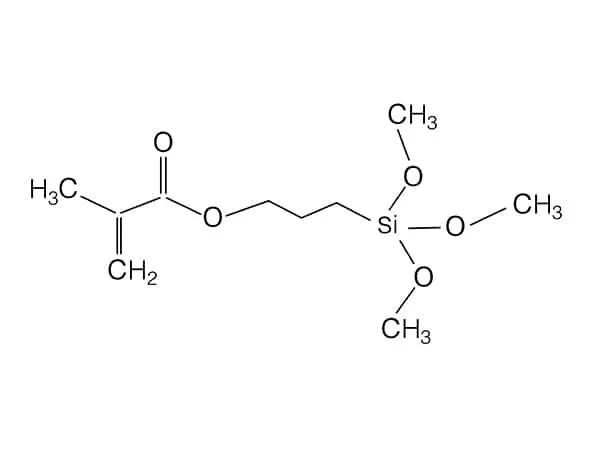Sulfur silane is recognized for its ability to form crosslinks with rubber, making it a valuable additive in the rubber industry. The compound contains sulfur-silicon bonds that facilitate crosslinking reactions, leading to improved mechanical and thermal properties in rubber materials. The sulfur-silicon linkages also enhance adhesion to various substrates.
Applications in the Rubber Industry
One of the primary applications of sulfur silane is in the rubber industry, where it serves as a coupling agent and a crosslinking agent. When incorporated into rubber formulations, sulfur silane promotes the bonding between rubber and reinforcing materials, such as silica or carbon black. This results in enhanced tensile strength, abrasion resistance, and overall durability of rubber products.

Enhanced Adhesion in Tire Manufacturing
In the manufacturing of tires, sulfur silane plays a pivotal role in achieving superior adhesion between the rubber compound and the tire cord. This enhanced adhesion is crucial for ensuring the integrity and performance of the tire, especially in demanding conditions. The use of sulfur silane in tire production contributes to improved safety, durability, and overall tire performance.
Contributions to Silane Crosslinking Technology
Sulfur silane has become a key player in silane crosslinking technology. The compound's sulfur-silicon bonds enable efficient crosslinking reactions in various polymers, resulting in materials with enhanced properties. This technology finds applications in the production of cables, hoses, and other polymer-based products where improved mechanical and thermal performance is desired.